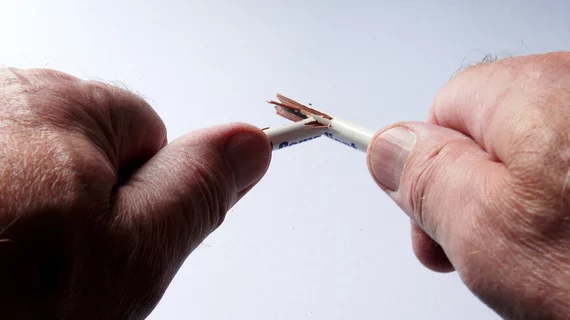‘It was killing some of these radiology departments’: State grapples with long licensing delays
Wisconsin is attempting to tackle lengthy professional licensing delays that have hamstrung radiology departments in the state.
The problem dates to 2020, when the COVID-19 pandemic exposed faults in the process. Healthcare was particularly impacted, as almost half of all workers in Wisconsin require some sort of professional license, PBS reported June 1.
Typically, most new radiologic technologists graduate in May and receive their state license after passing the national exam. But whereas it took as little as 15 days prior to the pandemic, now some techs were waiting upward of 120 days upon graduation, one expert told the news outlet.
“It was killing some of these radiology departments,” said Randy Griswold, a past president of the Wisconsin Society of Radiologic Technologists and program director at Bellin College. “The licensing process here in Wisconsin has simply confounded us and complicated the issue,” he added later in the story.
To begin addressing the issue, the state has launched a new web platform and held roundtables to gather feedback. The new system has allowed both healthcare employers and rad tech applicants to monitor the licensing process. “Frankly, it’s gotten better,” Griswold told PBS, while adding that shifts, such as retiring baby boomers and increasing number of techs interested in travel work, will continue to complicate matters.
“The certification process in Wisconsin, the licensing process in Wisconsin, needs to understand the dramatic change in the labor force that’s coming into it right now and in the future,” said Griswold.
Read the rest of the story:

